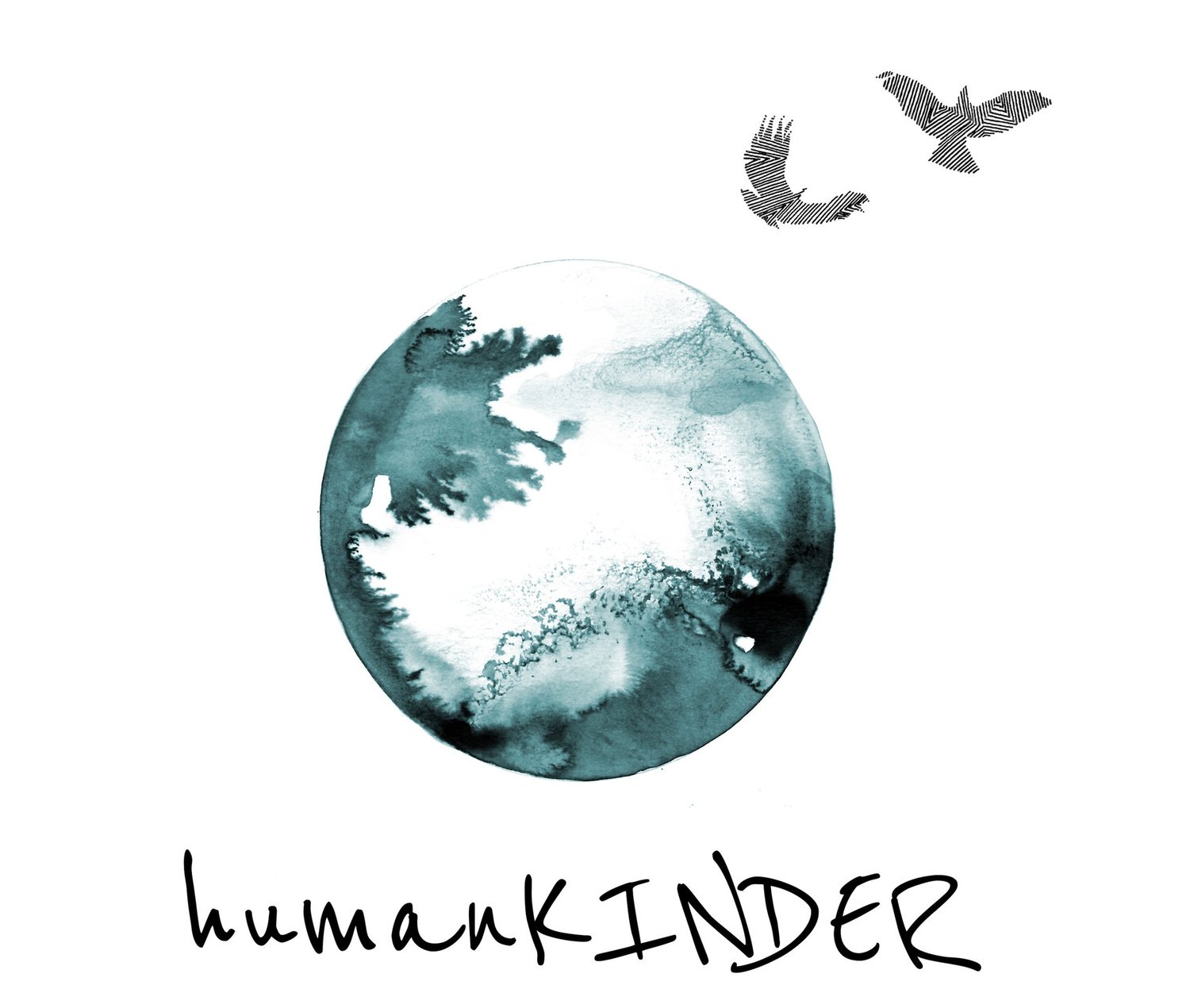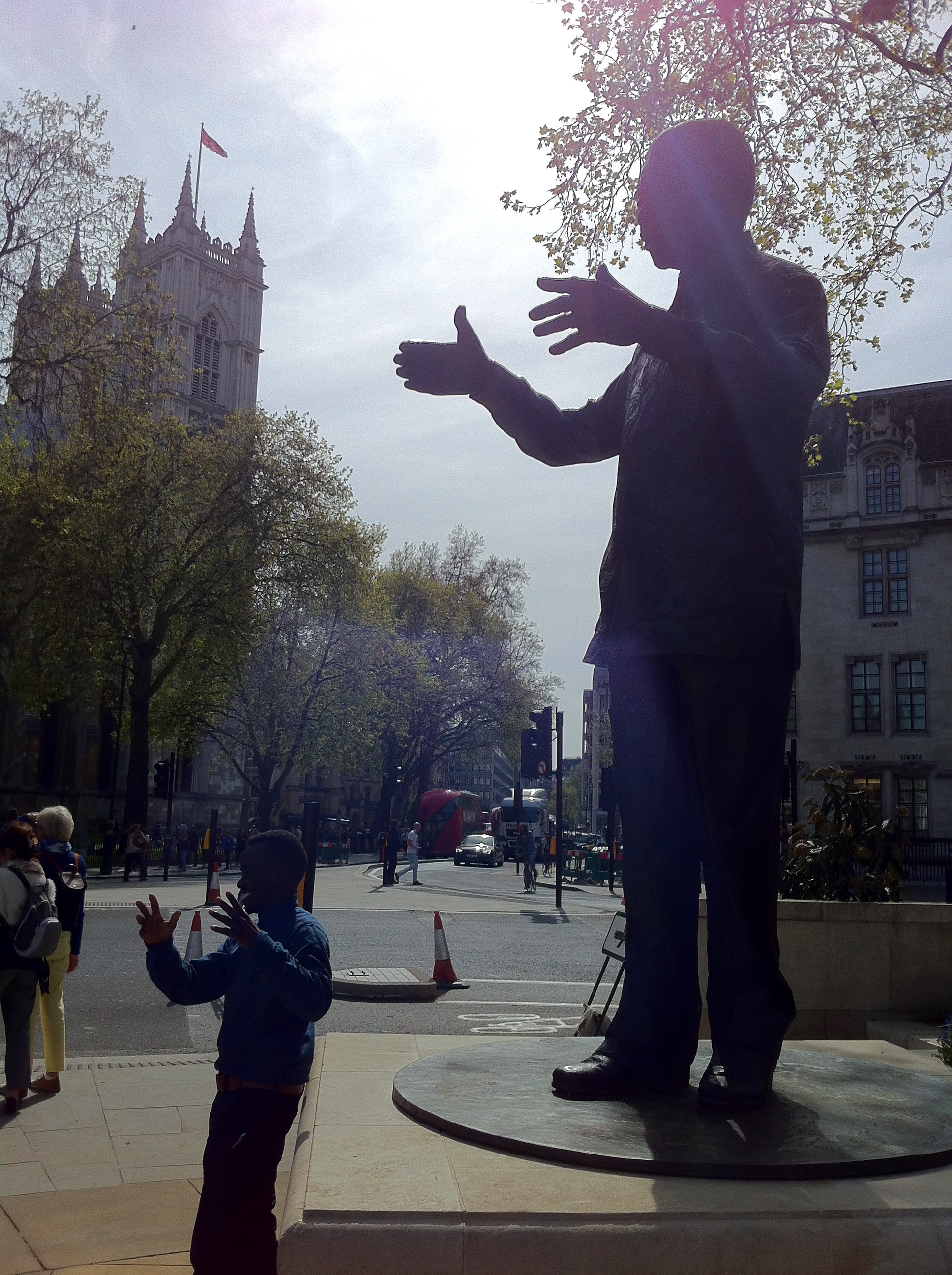This week I was back in Geneva - for the first time since having our second baby - attending #Genevapeacetalks event to mark the UN's International Day of Peace 2022. I took the train from our new home in France and cycled to the Palais des Nations.
Outside the gates, the Iranian community were protesting with regards to the JCPOA Nuclear negotiations and the recent death of #MahsaAmini. Being up close to Activists again, feeling their passion for change, was a stark reminder of the gut wrenching emotion of face-to-face activism.
Through security with passport and accreditation and inside the UN compound, I biked my way to Building E40, where the 51st meeting of the Human Rights Council was also in session. I was able to wander the current exhibitions which addressed the issues of gender based violence (She’s Gone) and the theme of the 2022 Peace day : End Racism - Build Peace. For the UN to be acknowledging the urgent need to End Racism, feels like a step in the right direction. I have observed institutional and structural racism across Europe, and met many people who have been victims of an unjust system which evidence strongly suggests is due to the colour of their skin.
As we entered the auditorium for the UN Peace Talks event we were asked ‘What does Peace mean to you?’ There were speakers responding from Palestine, Israel, Sudan, Pakistan, Mali, Yemen, South Africa, Sri Lanka and Ukraine. I quote some of them below:
“I remember my grandmother’s vine tree. I remember the feeling when sand gets between my toes when playing football in Gaza... I only started to think about peace when my first child was born and I was walking the streets with my baby, dodging the bombs.
In the 30 years since Oslo, there is an absence of progress. We need real democracy, social responsibility and activism for youth leadership with fresh ideas and momentum... I hate the phrase history repeats itself. I do not want my children to go through what I went through. I want to be liberated from my fears. We have an intergenerational responsibility to obstruct the status quo, to create co-resistance””
“It is not ‘What does peace mean to you?’, it is ‘What does peace mean to us?’
Peace is something we do together. Peace means hope. Peace means justice. We have a responsibility to bring back hope to the next generations.”
“I remember the taste of fear, crawling up my throat. Every time we would go out to protest we didn’t know how many would make it back alive.
Radical change is built on new systems of communication. Social media has been a haven for me... how can we tackle fear and misinformation? ”
“Until I am able to align my heart, my mind and my tongue, I will never find peace...
Lay aside the burdens of the mind, it was self-worth I was seeking.”
I was also reporting back to the Peace Lovers’ Club, a 10k member network on ClubHouse founded by Ella Matheson @PeaceintheCity, London. I have been a Moderator for this Club since its inception in early 2021 and we join together for a weekly meditation and discussion from around the globe. The Peace Lovers group share the view that “Peace is the presence of social, economic and environmental justice”. In acknowledging this fundamental pillar of justice, we believe we can work together to “the more beautiful world our hearts know is possible” (a book title from Charles Eisenstein).
I have noted the links shared by Peace Lovers contributors to the International Peace Day 2022 discussion below:
Contributed by @EllaMatheson
https://www.hrw.org/news/2022/06/29/morocco/spain-horrific-migrant-deaths-melilla-border
https://www.youtube.com/watch?v=CGaxE8ybNWg Playing for Change
Contributed by @Sikuapu Ts’inapu
https://www.thecrimson.com/article/2021/3/12/nagpra-peabody-letter/
https://www.ncbi.nlm.nih.gov/pmc/articles/PMC6601530/
https://www.nature.com/articles/d41586-019-01166-x
Contributed by @DoctorErnest Johnson, PHD
https://www.historyvshollywood.com/video/ann-atwater-interview-best-of-enemies/
Contributed by @KaleemUX



